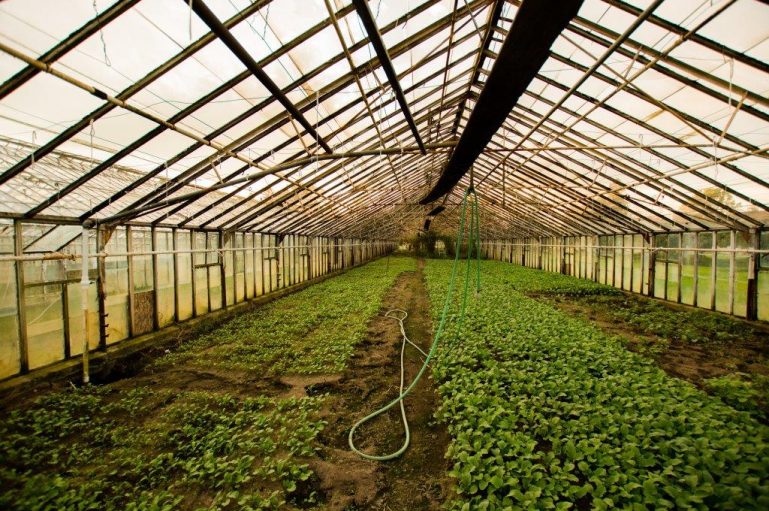In a recent discussion with Nico Uys, subject-matter expert, consultant and biological distributor (gobiofarming@gmail.com), I learnt that soil health is foundational if great crops are to be realised. He explained that soil is not an inert, lifeless growing medium, which some modern farming tends to represent, but rather a living, dynamic and ever-changing complete environment. He suggested that soils highly fertile from a crop productivity perspective are also lively from a biological point of view. Apparently, some microbiologists now believe that 80% of soil nutrient functions are essentially controlled by microbes which cooperatively function such that the soil reaches its full potential and resists degradation. These microbes provide a full range of functions (especially nutrient, carbon and water-cycling) in such a way that they maintain the soil’s capacity into the future.
In essence, the following is enhanced:
• The yield per hectare
• Carbon levels relatively close to the limits set by soil type and climate
• Little leakage of nutrients from the ecosystem
• Biological and agricultural productivity relatively close to the limits set by the soil environment and climate
• Only geological rates of erosion
• No accumulation of contaminants
• The ecosystem does not rely excessively on the inputs of fossil energy
In other words, your produce looks better, tastes better, has the right texture and colour and the yield of this good quality produce is larger. You, furthermore, have to irrigate less, you will experience less pests and the soil becomes a sustainable fertile bed for future growth. Yes, there are other factors to be considered (like seed quality, invasion of alien species, etc.), but the emphasis seems to be on the preparation of the soil.
An organisation, likewise, needs a healthy environment for real and sustainable growth to be realised:
1. Soil health – a set of foundational values, owned by all employees, constantly demonstrated by all in leadership (consistent manager behaviour) and used to govern all decisions that are made. This “values foundation” is embedded in and develops the brand and should be experienced by all the customers.
2. Additional ingredients – added stimuli to promote growth. Like microbes work together to provide a full range of functions to maintain soil capacity, so organisational leadership needs to provide training, coaching and the right resources for all employees to enable a forward-looking, solution-finding and innovative growing environment.
3. Keeping the pests at bay – dismantling any forms of bureaucracy and internal politics that hinder the organisation from flourishing. Selfishness or behaviours not aligned to corporate values should be addressed immediately, particularly if these behaviours are noticeable at senior levels.
4. Collaboration – teams cooperatively functioning (just like microbes) to provide a full range of products, foster new ideas and build capacity for the future.
To avoid entropy and degradation, all organisations need regular health checks, the right vitamins and doses of energy focused on establishing a healthy environment. This healthy environment provides a context for growth and development.
Free To Grow offers the Work & Life Engagement Survey to measure organisational health










